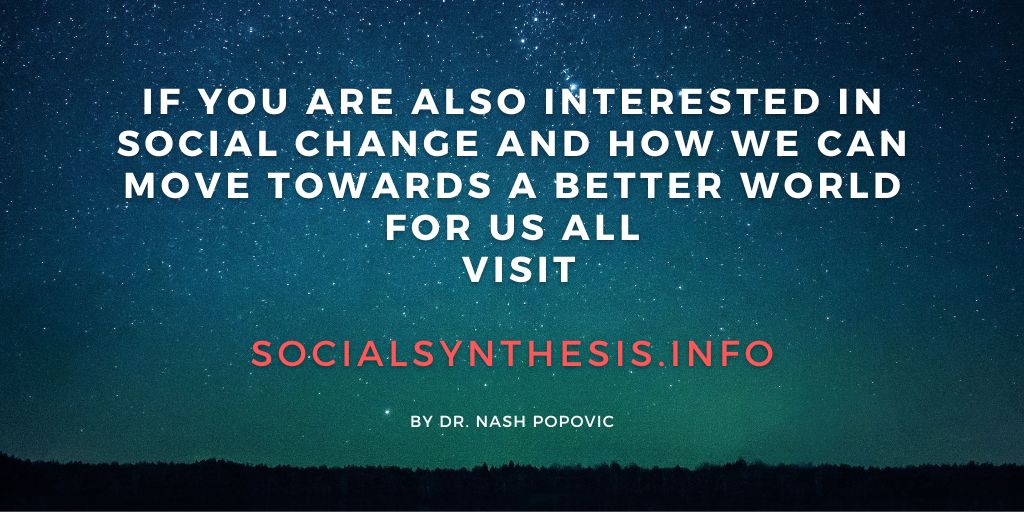24. Resilience
If you are pained by external things, it is not they that disturb you, but your own judgement of them. And it is in your power to wipe out that judgement now.
Marcus Aurelius (Roman emperor)
This area focuses on our ability to tolerate unpleasant experiences such as pain, hardship, noise, etc. This is what resilience is: the power and control over the effects of such experiences on us. Everybody, without exception, occasionally goes through some unpleasant experiences, so it is common to create mental armour to protect ourselves. This doesn’t always work though and also decreases our sensitivity towards good experiences. Let’s see if there are more constructive ways to deal with such experiences.
What reduces resilience
The following attitudes can make us less resilient:
- Poor physical state: being unfit, ill, hungover, hungry or lacking sleep understandably makes us less resilient.
- Becoming oversensitive is easy if we develop a sense of entitlement and neglect exercising the muscle of resilience.
- Unrealistic expectations are a big culprit in this respect: if you expect that you will never have an argument with your partner, that your bike will never have a puncture, or that life will always be fair, you are bound to be disappointed and overreact.
- Self-importance: those who think that they are the centre of the universe easily get upset when reality proves that they are not.
- Self-pity reduces resilience as it already implies resignation, giving up. It also amplifies negative feelings and never helps.
- Getting upset or angry: this is a fairly common response, but actually it doesn’t make you feel better and can make things worse (in more than one way) for others and/or yourself.
- Feeling powerless, as it amplifies the negative effects.
- A belief that being happy makes us less prepared for what may come. In fact, unhappiness is more likely to decrease resilience.
- Avoidance: avoiding potentially upsetting situations not only decreases resilience, but limits your freedom and choice.
What facilitates resilience
Here are some antidotes for the above points:
- Try to maintain good physical shape (by being physically active, sleeping enough, eating well, and avoiding excesses).
- Start thinking of yourself as a strong person rather than a prince or princess (‘is this really worth fretting about?’)
- Don’t expect sunshine every day! Accept that something could go wrong and that not everything will go your way.
- Remind yourself that you are not the only thing that matters in the world. Try to see the larger picture.
- Instead of moping, take a situation as a challenge.
- Don’t let automatic reactions rule your life: have you not regretted getting angry in the past? What’s the point, anyway?
- Have something up your sleeve. Just believing that you can do something if you want (even if you actually don’t do anything) makes many situations more tolerable.
- Give yourself permission to be happy. Being well prepared and happy will make you more resilient, than being miserable.
- Practice gradual exposure (see de-sensitisation exercise below).
In a troubling situation
These general attitudes can be useful, but let’s see what we can do when in a troubling situation.
Say your neighbour is playing loud music when you want to rest. Obviously, you can try to deal with the source by asking your neighbour to stop, going somewhere where you can’t hear the music, or using earplugs. But these may not be always viable (e.g. it is your neighbour’s birthday, you have nowhere to go, and the earplugs do not help with drum beats). So, the only thing you can do is to affect the way you relate to this.
Some common strategies in this respect are a mixed bag:
- Denial (‘I don’t care!’): pretending that what’s happening doesn’t bother you may do the trick, but now and then you should actually care – or things can get worse.
- Suppressing your reactions (‘stiff upper lip’) can sometimes be helpful too (e.g. to avoid an argument), but it can create a conflict within you.
The three-step suggestion below has no such ‘side-effects’.
Resilience in three steps
- Think it through: the way we interpret a situation can have a negative and positive effect on resilience. For example, if you think that your neighbour is deliberately playing loud music to irritate you, you are likely to get upset; but if you say to yourself, ‘this is nothing personal, he has a right to play loud music’, your level of tolerance is likely to be higher. You may also remind yourself that your needs and desires are not always more important than somebody else’s, and that there is no point in getting upset. Trying to understand why something is happening (e.g. it’s their birthday) may help too – if you manage to interpret an event in a meaningful way you will be less bothered. If none of the above helps, move to step 2.
- Make a choice: doing something, having a plan, or at least knowing that you can do something (even if you don’t do it) increase resilience because your sense of internal control is restored (e.g. you can make a mental note: ‘my neighbour is having a good time now and I don’t want to spoil it, but I will have a chat with him when I see him next time’). So, ask yourself in such situations, ‘is there anything I can do about this, should I do anything (does it matter long term), and do I really want to do something?’ If the answer is ‘no’ to any of these three questions and you are still not ok, move to step 3.
- Accept and move on: if nothing can be done, you can choose to accept the situation. This is not about resigning yourself to suffering, but being firm – not letting unpleasant experiences control you. In other words, being aware of the sensations but not reacting automatically towards them. Counter-intuitively, the key to this is to relax rather than stiffen up, and allow any reactions (emotions, imagined actions) towards the source to pass by without engaging with them. If you manage to do that, these reactions should start subsiding, which will reduce the importance of what’s going on, and you will be able to ignore it and focus on something else. This is what will make you stronger and more resilient in the long term.
Iceberg situations
Sometimes our reactions are way out of proportion, like hitting an iceberg: what is above the surface is only a small part – the really big chunk is hidden underneath. This indicates that the situation has triggered some underlying issues. They operate at a deeper level, and are, for that reason, more difficult to identify and understand.
Let’s take this example of an iceberg situation: You recently moved in with your partner. You asked him to get something for you on his way home and he forgot. It was the third time this happened. You end up crying uncontrollably. To deal with an iceberg situation you need to find what the real issue is. ‘What is the worst part…’ questions can help with this:
- What is the worst part of this situation for me?
– He is not being helpful even when he knows I need help. - Assuming this is true, what is the worst part of that to me?
– He just doesn’t care about me. - What is the worst part of that?
– He doesn’t really love me. - Assuming this is true, what is the worst part of that?
– I can’t live with somebody who doesn’t love me.
Now, first check if the assumptions are reasonable (you may be projecting your past experiences with others onto this situation). If you conclude that they are, consider addressing the underlying issue. If they are not, master step 3 with this exercise:
Desensitisation
- Deliberately expose yourself to a (real or imagined) situation of low tolerance (e.g. noise).
- Just observe your reactions to it (your thoughts, feelings, body tension). Are they helpful? Do you want the have them? If not, how would you like to react – if at all?
- Remove the trigger and try get in the state you want.
- Relax, approach the trigger with this new response, and then focus on something else. Repeat till the new sticks.

